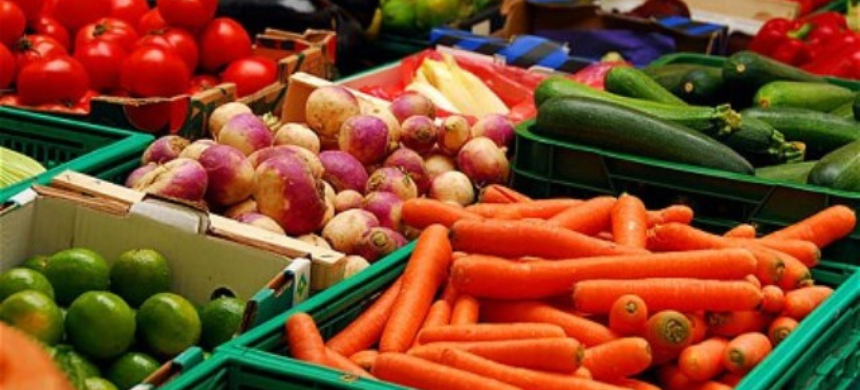Road Blockades Lead to Food Shortages and Price Increases in Rawalpindi and Islamabad
ISLAMABAD: The ongoing road blockades in Rawalpindi and Islamabad have resulted in a partial shortage of essential food items, including chicken, vegetables, and milk, with fears of worsening shortages as the PTI’s protest continues. The supply of fresh food from various parts of Punjab has been disrupted for several days, affecting both cities.
Chicken and Vegetable Shortages: The supply of chicken has been severely impacted, with dealers reporting delays in the arrival of supply vehicles. Mohammad Hasnain, who runs a chicken shop at Al-Habib Market in G-7, mentioned that after four days, chicken was sold at Rs550 per kg and Rs350 per live chicken, but due to the uncertain situation, no deliveries will be made for the following day. Khalid Hussain, another dealer, shared similar concerns, stating that due to the ongoing protests, they were unwilling to send vehicles to Punjab for chicken supply, leading to an expected shortage and a price hike.
The vegetable supply has also been affected. Abid Ali, a vegetable dealer in Sitara Market, reported shortages of items such as ladyfinger, pumpkin, and ridge gourd. Tomato prices have surged significantly, with prices rising from Rs150-180 per kg to Rs4,200 for a 14kg crate. The shortage of vegetables is expected to continue, with a possibility of worsening by Wednesday.
Read More: PTI Concludes Islamabad Protest Police Detain Hundreds in Major Operation
Milk Supply Disrupted: The supply of milk from Punjab has also been impacted, contributing to a partial shortage. Shopkeepers are expecting further shortages of daily-use items in the coming days.
Impact on Laborers: The forced closure of markets and hotels on Tuesday evening put many laborers in a difficult position, as they struggled to find places for food and tea. One laborer in Sitara Market expressed his frustration, saying, “Everything is closed here; we have no idea where to go for dinner.”
Government Response: The Rawalpindi district administration responded to the crisis by deciding to open entry points for vehicles carrying food items and fuel late at night. Deputy Commissioner Dr Hassan Waqar Cheema assured that action would be taken against shopkeepers overcharging consumers. He stated that officials would inspect markets and bazaars to ensure compliance with official prices, with heavy fines and registration of cases for violators.
To manage the situation, the administration also allowed oil tankers to enter the city late at night to ensure that filling stations could be replenished. The agriculture department was directed to arrange for vegetables through local farmers and ensure they are sold at official rates.
Price Increases: Due to the supply disruptions, prices for various items have skyrocketed. Tomatoes were selling at Rs500 per kg, far above the official price of Rs175. Potatoes reached Rs200 per kg (official price Rs116), while garlic and ginger prices also surged. Similarly, cooking oil increased to Rs550 per liter, up from Rs500, and sugar rose to Rs135 per kg (official rate Rs120). Shopkeepers attributed these increases to wholesalers exploiting the situation, as supply chains are disrupted.
Karyana Shopkeepers Association President Saleem Butt stated that despite there being enough stock in godowns, the dealers were using the blockade as an excuse to raise prices. However, he reassured that the district administration was working on allowing trucks to deliver food supplies, which would help stabilize prices.
The situation remains uncertain, and residents of Rawalpindi and Islamabad are bracing for continued shortages and price hikes due to the ongoing political unrest and protests.











